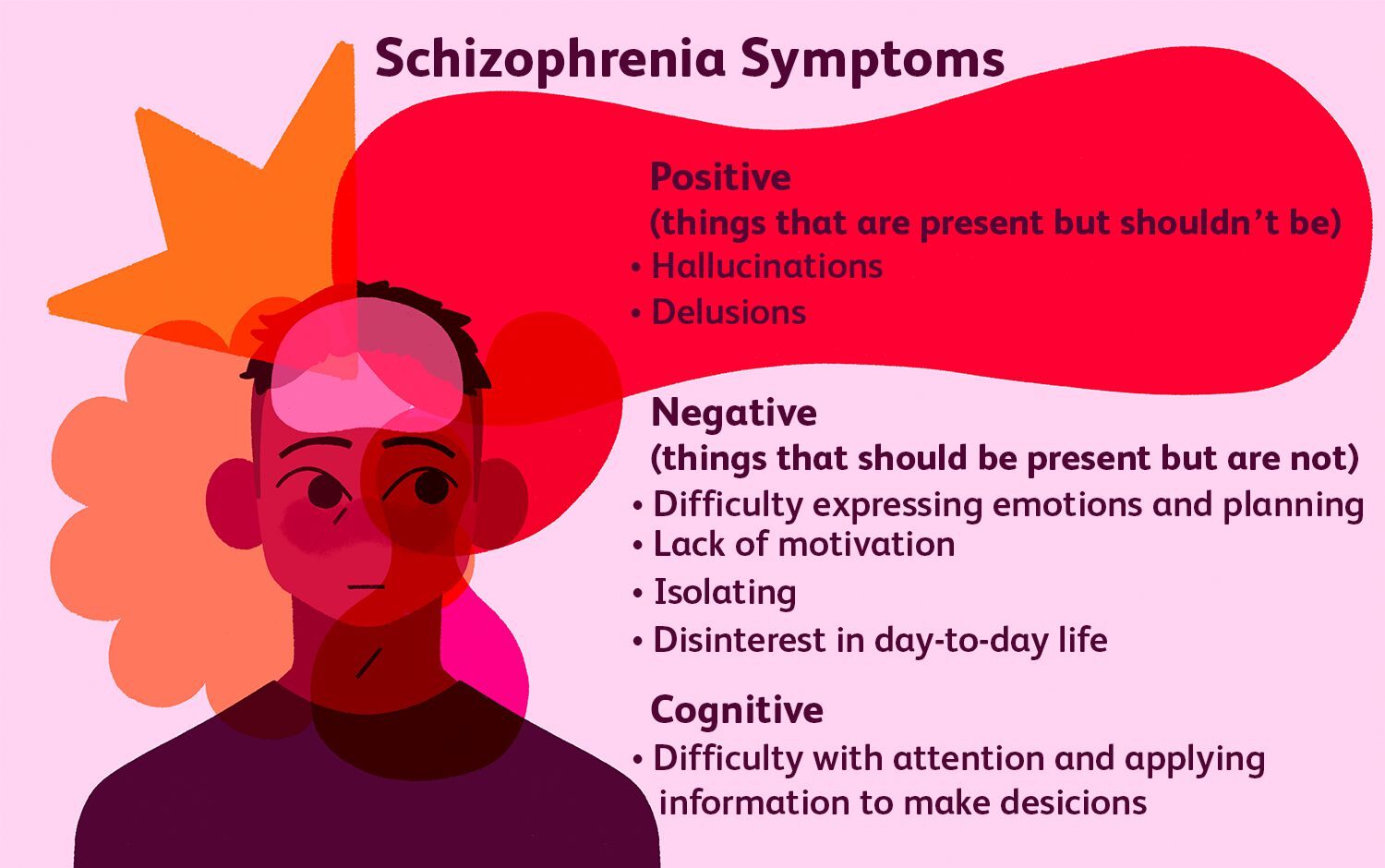Schizophrenic Syndromes
Schizophrenic syndromes involve severe mental disorders characterized by delusions, hallucinations, and disorganized thinking.
Symptoms of Schizophrenic Syndromes
Symptoms include hallucinations, delusions, disorganized speech, and impaired cognitive function, often leading to significant disruptions in daily life.
List of Symptoms:

Causes and Risk Factors of Schizophrenic Syndromes
Schizophrenic syndromes may result from genetic predispositions, brain chemical imbalances, and environmental factors. Risk factors include a family history of schizophrenia, prenatal exposure to infections, substance abuse, and significant life stressors.

Diagnosis of Schizophrenic Syndromes
Diagnosis involves a psychiatric evaluation, including patient history, symptom assessment, and ruling out other conditions. Imaging and laboratory tests may help identify neurological or physiological factors.
FAQs about Schizophrenic Syndromes
Frequently Asked Questions
FAQs address the causes, symptoms, and treatment options for managing schizophrenic syndromes and improving quality of life.

